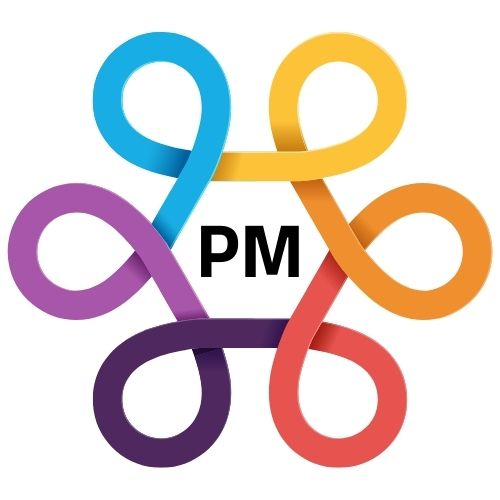How to Create a Winning Content Marketing Strategy

How to Create a Winning Content Marketing Strategy...
In today's digital landscape, content is king. But simply churning out content isn't enough. A winning content marketing strategy requires careful planning, execution, and analysis. This article outlines the key steps to building a content strategy that resonates with your audience and drives tangible results.
1. Define Your Goals and Objectives:
Before you start creating content, clarify what you want to achieve. Are you aiming to:
- Increase Brand Awareness?
- Generate Leads?
- Drive Sales?
- Improve Customer Retention?
- Establish Thought Leadership?
Clearly defined goals provide a roadmap for your content strategy and allow you to measure its success.
2. Understand Your Target Audience:
Knowing your audience is fundamental to creating content that resonates.
- Develop Buyer Personas: Create detailed profiles of your ideal customers, including their demographics, interests, pain points, and online behavior.
- Conduct Audience Research: Use surveys, social media listening, and website analytics to understand your audience's needs and preferences.
- Identify Content Gaps: Determine what information your audience is seeking that your competitors aren't providing.
3. Conduct Keyword Research:
Keywords are the foundation of SEO and content discovery.
- Identify Relevant Keywords: Use keyword research tools like Google Keyword Planner, SEMrush, or Ahrefs to find keywords related to your industry and target audience.
- Focus on Long-Tail Keywords: Target longer, more specific phrases that indicate user intent.
- Analyze Competitor Keywords: Understand which keywords your competitors are targeting.
4. Choose Your Content Formats:
Variety is key to engaging your audience. Consider these content formats:
- Blog Posts: Informative articles that provide value to your audience.
- Videos: Engaging visual content that can capture attention and convey complex information.
- Infographics: Visual representations of data and information.
- Ebooks and White Papers: In-depth resources that establish thought leadership.
- Podcasts: Audio content that allows for convenient consumption.
- Social Media Content: Engaging posts that drive interaction and brand awareness.
5. Create a Content Calendar:
A content calendar ensures consistent content delivery and helps you stay organized.
- Plan Content in Advance: Schedule content creation and publication dates.
- Align Content with Marketing Campaigns: Coordinate content with other marketing initiatives.
- Maintain a Consistent Posting Schedule: Regular content updates keep your audience engaged.
6. Develop High-Quality Content:
Quality trumps quantity. Focus on creating valuable, informative, and engaging content.
- Provide Unique Insights: Offer original perspectives and research.
- Tell Compelling Stories: Engage your audience with narratives and anecdotes.
- Use Visuals: Incorporate images, videos, and infographics to enhance readability.
- Optimize for SEO: Use relevant keywords, meta descriptions, and alt text.
- Proofread and Edit: Ensure your content is error-free and polished.
7. Promote Your Content:
Creating great content is only half the battle. You need to promote it to reach your target audience.
- Social Media Sharing: Share your content on relevant social media platforms.
- Email Marketing: Promote your content to your email subscribers.
- Guest Blogging: Publish guest posts on other websites to reach a wider audience.
- Influencer Marketing: Partner with influencers to promote your content.
- Paid Advertising: Utilize paid advertising to reach a targeted audience.
8. Analyze and Measure Results:
Track your content's performance to understand what's working and what's not.
- Use Analytics Tools: Monitor metrics like website traffic, engagement, and conversions.
- Track Key Performance Indicators (KPIs): Measure the success of your content based on your goals.
- Analyze Content Performance: Identify which content formats and topics are performing best.
- Adjust Your Strategy: Refine your content strategy based on your findings.
9. Build Relationships and Engage:
Content marketing is about building relationships with your audience.
- Respond to Comments and Questions: Engage with your audience on social media and your website.
- Foster a Community: Create a space for your audience to interact and share ideas.
- Build Trust and Authority: Establish yourself as a trusted source of information.
10. Stay Consistent and Adapt:
Content marketing is an ongoing process. Stay consistent with your content creation and adapt your strategy as needed.
- Keep Up with Trends: Stay informed about the latest content marketing trends and technologies.
- Experiment with New Formats: Try new content formats and strategies to keep your audience engaged.
- Continuously Improve: Regularly evaluate and refine your content marketing strategy.
By following these steps, you can create a winning content marketing strategy that drives results and builds a loyal audience.
